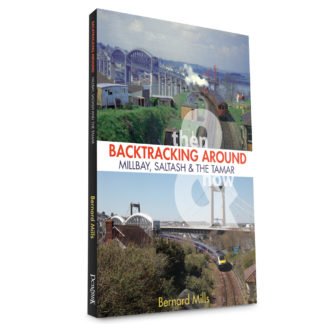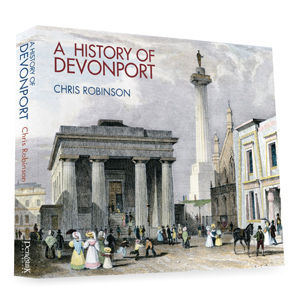Three Cranes
Little is known about this ancient Plymouth hostelry save the Harris’s story (written around 1810) repeated in Whitfeld’s history of the Three Towns in 1899; ‘in 1665 Francis, the second son of Pierce Edgcumbe, of Mount Edgcumbe, and John , the second son of Sir John Skelton, Deputy Governor of the Fort, were engaged in an archery match at ‘Esqr. Sparkes’, when they quarrelled over a punctilio of honour. There was an exchange of bloody noses, and then the party adjourned to the Three Cranes, where Sir Richard Edgcumbe, young Sparkes, John Vowel and John Webb, one of the new magistrates, were loudest of the company. A furious controversy raged over the ‘sack pots,’ and the disputants, heated with drink and anger, fell from words to blows. Skelton had ‘well pillaged Edgcumbe’s head, by pealing off a considerable quantity of his hair’. Matters were aggravated when Edgcumbe grabbed a sword lying in the window, but by 3am the drunken revellers had staggered to bed. However ‘rising in a drunken stupor,’ Francis went to Edgcumbe’s apartment and issued a fresh challenge, whereupon the two men crept shoeless from the Three Cranes to the higher part of the town where they fell ‘to their fatal and dismal sport’. Edgcumbe ‘received sundry thrusts and dropped dead, and Skelton fled the scene and was never more heard of.’
Looe Lane itself was a small thoroughfare off Buckwell Street, across from How Street on a site now buried beneath the car park at the back of the bank building at the top of Royal Parade.



